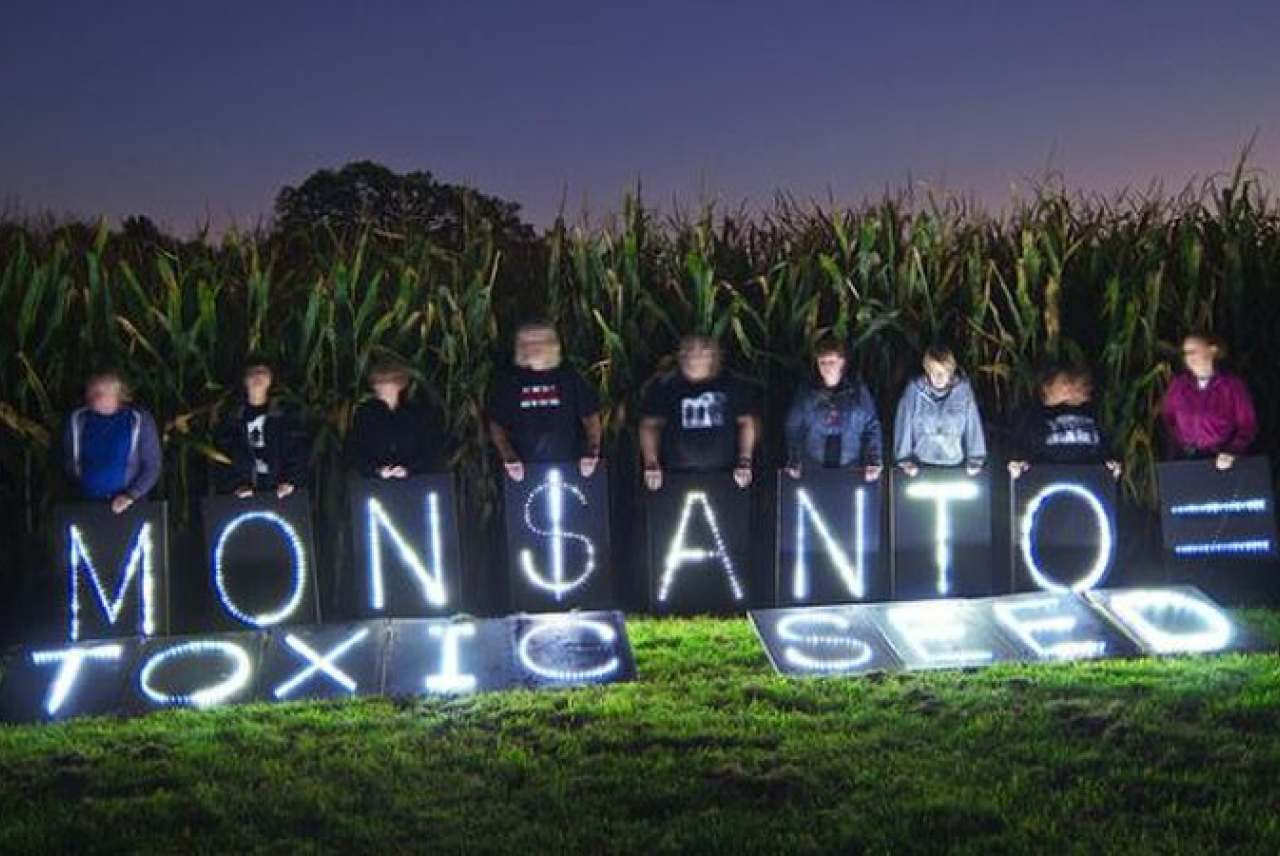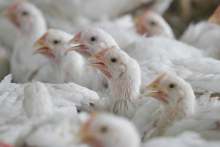We recently ran a readers' survey to ask people what brand or company they thought was the worst. Several people said Monsanto, which was surprising because it was bought by Bayer and effectively is no longer a major brand.
So we thought we'd look into Monsanto and Bayer in more detail, to figure out what happened to Monsanto and whether Bayer is any better.
What is Monsanto (and does it still exist)?
Monsanto, a registered company from 1901-2018, was a producer of chemical, agricultural and biochemical products. It bought up several seed companies in the early 2000s and was a big advocate of genetically modified organisms (GMOs).
As legal cases began to stack up against Monsanto because of health issues linked to its products, German chemical company Bayer swooped in to buy Monsanto in 2016. The deal was finalised in 2018 and Monsanto was folded into Bayer’s ‘crop science’ division. In 2020, Bayer ended up paying over $10 billion to settle legal claims related to Roundup.
Some of these legal claims related to cause health issues allegedly caused by ingredients in Monsanto products – notably glyphosate, found in its weedkiller Roundup, which is still widely sold today by Bayer and has been linked to cancers by several studies.
Top 3 criticisms of Monsanto
Campaigners targeted Monsanto for many reasons. We've summed up three of the major reasons:
- its use of chemicals harmful to health and the environment
- its powerful industry monopoly
- its impact on small farmers
We explore these in more depth below.







